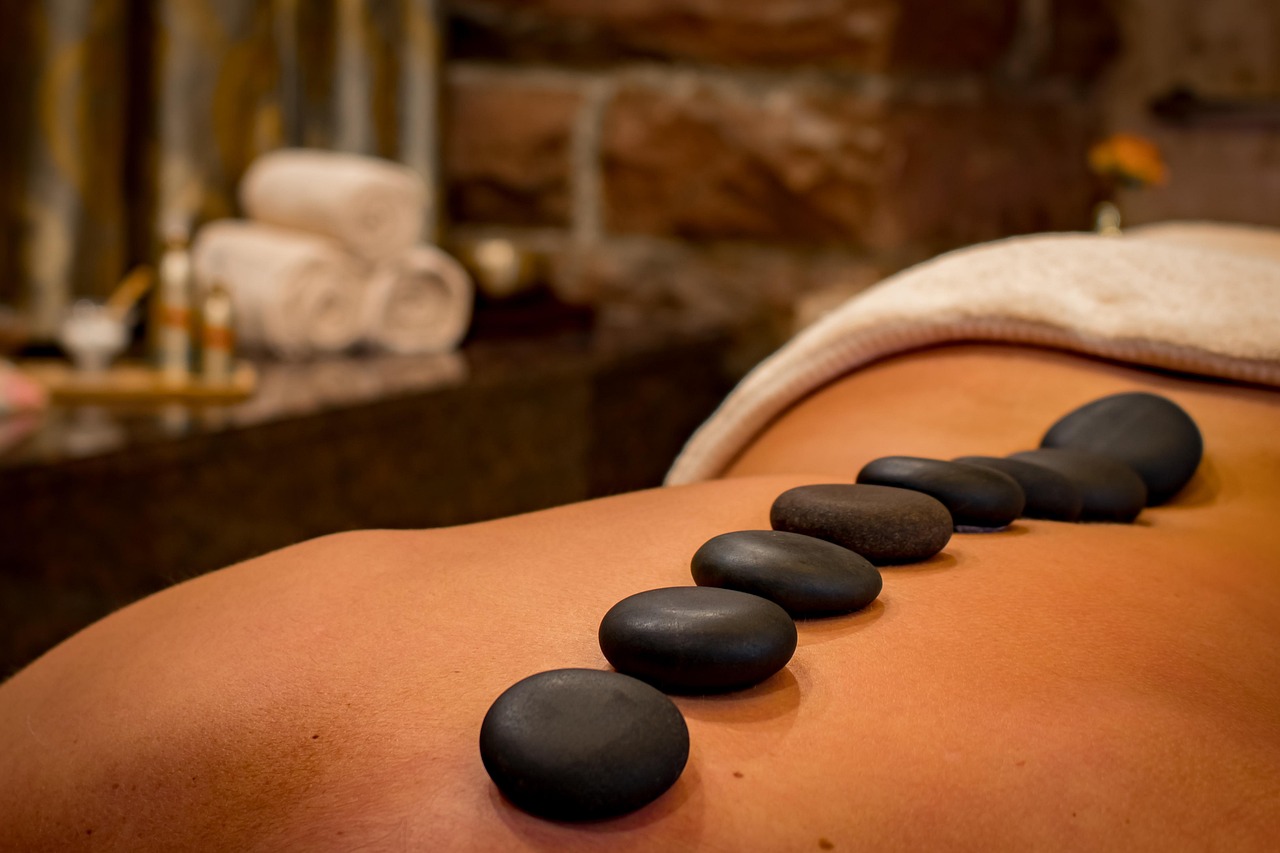
Hi Readers, My physician forwarded this article, a common-sense approach to resolutions and attaining health goals. Lots of great strategies here for a healthier and longer life! Retaining independence is key to successful aging and that begins with setting realistic goals and sticking to them. Easier said than done, as it is only March and I have already abandoned two of mine. AgeDoc
How to Set Health Goals (and
actually achieve them!)
By Alan Reisinger, III, MD, FACP
Can you believe it’s already March? By now, most new year’s resolutions have
been forgotten or abandoned. In fact, research shows that for most people, new
year’s resolutions either aren’t that effective or are never made in the first
place. According to PEW Research, only 30% of Americans made resolutions last year. As we get
older, resolutions become less common: nearly half of young adults make
resolutions, compared to only a fifth of adults over 50. No matter their
demographic, though, there is one major commonality among those who set New
Year’s resolutions: 80 percent are health-related.
It is apparent that while most people have either given up on annual
resolutions or never made them in the first place, the vast majority of
Americans have a desire to improve their health. The exciting news is that you
can set and achieve your health goals during any month of the year. But it
takes a lot more than simply “resolving” to do something. So, what is
effective? There are proven methods of achieving your health goals, even if
you’ve tried and failed for months, years or even decades. Here are my five
tips for setting and achieving your health goals.
1. What’s your “why?”
Figuring out the goal itself is often the easy part. Common health goals
include losing weight, exercising regularly and lowering blood pressure. But to
actually accomplish this, you need proper motivation, and that starts with
determining why you picked that goal.
You need to know and
remember why a goal is so important to you and how it will specifically benefit
you — your overall health, your relationships, your education, your mobility,
your sleep, etc.
What
inspired you to set your health goal? If your goal is to lose weight and
increase your strength, is it so you can pick up your granddaughter again? Is
it so you can keep playing a sport you love? Take a vacation with your
partner/friend? Do you want to resume a hobby you had to quit after an injury
or chronic illness made it physically impossible, like hiking or playing
guitar? Before you figure out how you’ll achieve your goal, figure out why you
want to.
2. Build your day
around your goal.
It seems like common sense
that if you’re attempting to form a new habit — such as exercising or cooking
healthy meals — you need to find the time and space in your day to do so. But
the most effective way to stick with your new habits is to do the opposite:
Build your routine around your new habit instead of the other way around. When
you start each day, write down the specifics of what you’re going to do to
accomplish your goal today: what time you’re going to do it, how long you’re
going to spend doing it and anything you need to take care of or remember in
order to make it happen. You can write this in a journal, in your phone’s notes
app, your computer or whatever is easiest for you.
Consistency is key. Let’s
say your goal is to exercise every day for at least 20 minutes. By trying to
squeeze in exercise between work, picking up your kids from school, grocery
shopping and doing laundry, it becomes an afterthought. Instead, you need to
make exercise the most important part of your day.
Bonus tip: the most
efficient way to do this is to start your day by exercising. As
soon as you get up, exercise immediately. It will be hard at first, but it will
get easier each day. And you will feel immediate benefits: Your most important
task of the day will be accomplished almost immediately, leaving the rest of
your day free for everything else (without the pressure of whether you’ll find
time to exercise hanging over your head all day).
3. Learn about the
science of habit formation.
There is a wealth of
information available about the science of habit formation — and you don’t have
to be a scientist to understand it. I have learned a lot from several popular
science books that were written with the intention of helping the average person
make major changes.
For practical, enlightening,
potentially life-changing guidance on how to achieve your goals and commit to
major changes, I recommend checking out books like The Power of Habit, Atomic Habits and Zen Habits.
4. Allow yourself to
fail.
This might sound
counterintuitive. Wait a minute, Dr. Reisinger, you may be thinking, I
thought the whole point of this was to help me achieve my goals! Whaddaya mean
I should let myself fail?! That’s a fair question! Let me get more
specific: You will not be perfect as you embark on this journey to improve your
health and accomplish an important goal. You will have setbacks. When you do
have a setback, it is imperative that you don’t beat yourself up and get back
on the horse.
Accept that progress won’t
be linear. You might be perfect for a whole month and then neglect your goal
for two weeks because you go on vacation. That’s okay! It’s not actually
failing if you get back to it.
Now that you know a little
more about how to set yourself up for success, I challenge you to start right
now. The process of achieving your goal will entail taking one or two small
bites at a time. Make one small change, wait a few weeks, then make the next
change. This will help you avoid getting overwhelmed, burning out and giving
up.
What small step can you take
today? You could spend 10-15 minutes determining your “why.” You could schedule
an appointment with your physician to discuss a plan for your health goal. Or
you could [insert your own personal small step here].
What are you going to do
today to set yourself up for a healthy future?



